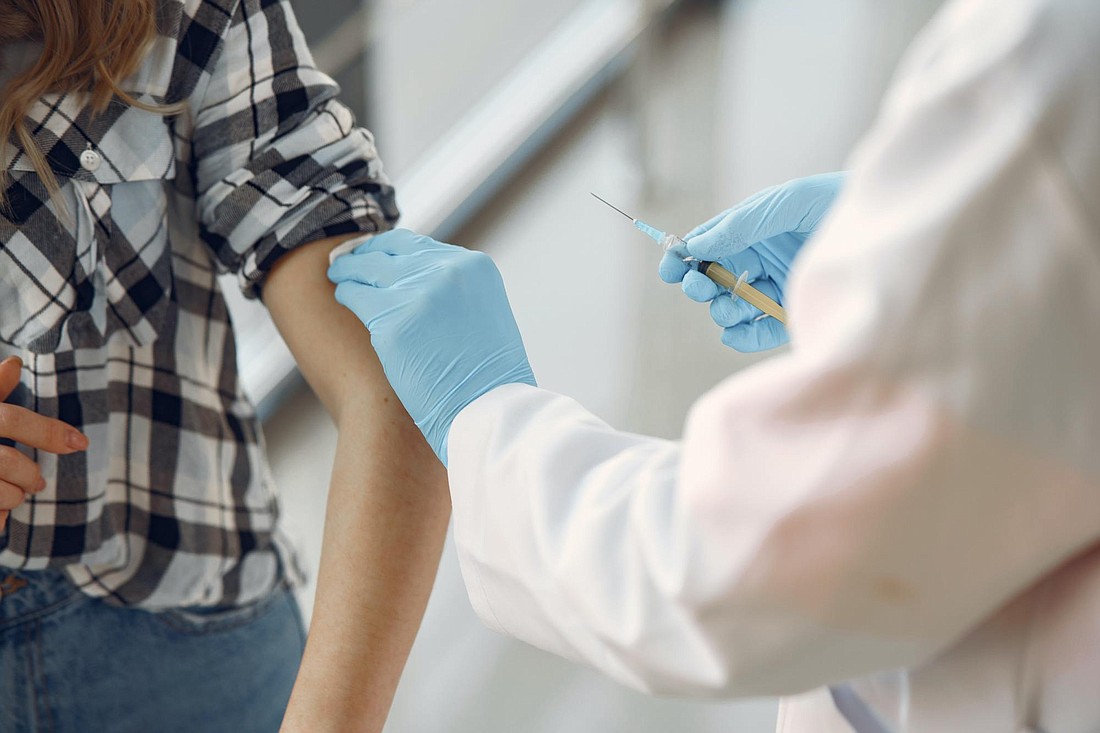- December 13, 2025

COVID-19 case rates in Flagler County last week dropped to half of what they had been during the peak of the omicron wave, and we're probably about a month or so away from no longer needing masks in indoor areas, according to Florida Department of Health in Flagler County Medical Director Dr. Stephen Bickel.
"We're moving to this endemic phase where it's in the background, and hopefully it won't flare up."
— Dr. STEPHEN BICKEL, medical director, Florida Department of Health-Flagler
This past week, he said on Flagler Broadcasting's "Free For All Friday," there were 708 new cases. Over the last few weeks, the number has dropped from 1,469 to 1,298 to 1,185 and finally to 708.
"That's very encouraging," Bickel said. "I expect it to continue — Florida's actually kind of ahead of us going down; it's about 70% off the peak."
The changes appear faster in more urban environments, he said.
Hospitalizations are relatively flat; there were 48 last week.
"For people vaccinated, or people who don't care, the risk is not super high these days," Bickel said. "For people that still have immune issues, the risk is substantial, probably for the next month."
Part of the problem for people with immune issues is that the monoclonal treatment that works best for omicron, Sotrovimab, is not readily available, he said.
But overall, he said, "I think within a month, we really are going to be looking at this as kind of a baseline thing, and we're going to be shifting our strategy to kind of resuming normal life."
That would likely include no longer needing to worry about wearing masks indoors, though we're not there yet, he said, responding to another radio show guest's question.
"If you're vaccinated and boosted, you could get omicron, you can get an infection, but it'd be more like a cold," Bickel said. "It could be, if you're unlucky, kind of like bronchitis. It's very unlikely to put you in the hospital."
There's also a very effective oral treatment, he said, although it's still difficult to get. The treatment called Paxlovid.
"If you're vaccinated and boosted, you're pretty safe — very safe," he said. "If you're vulnerable because of health conditions, be really careful the next month."